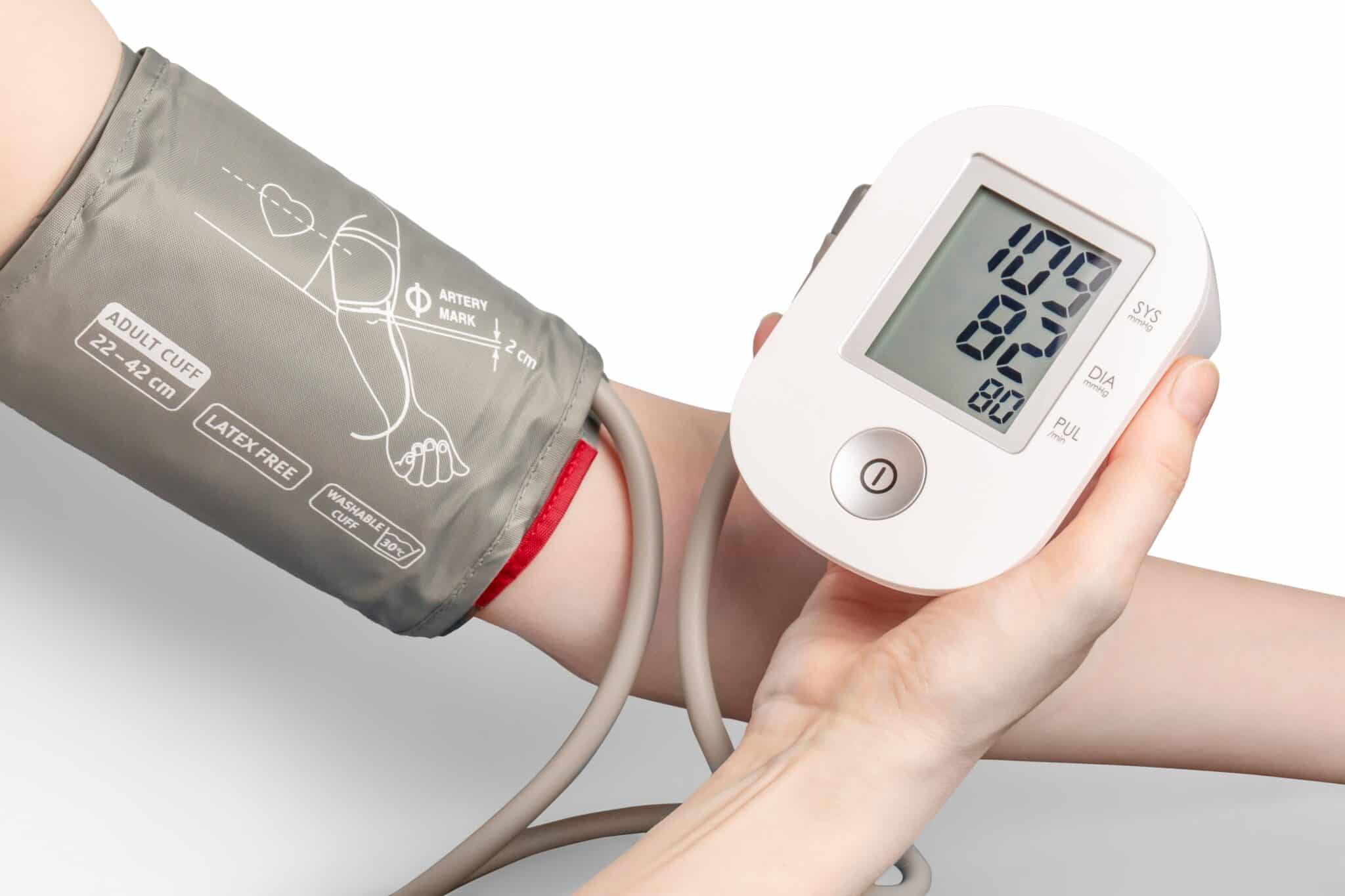
Cardiac and Vascular Consultants is your trusted healthcare provider in Central Florida, including The Villages and Lecanto. Our team of skilled cardiologists is dedicated to providing exceptional cardiovascular care to our patients. One of the many conditions we focus on is high blood pressure, often known as the “silent killer” because it doesn’t have any symptoms until it’s too late.
Unless you have regular blood pressure readings, you may not even know you have hypertension. High blood pressure can develop slowly over time, and if left untreated, it can lead to heart failure. This is why routine care is so important.
What Is Hypertension?
Blood pressure is the force of your blood pushing against the walls of your arteries as it moves through your body. When your blood pressure is too high, known as hypertension, it can damage your arteries. High blood pressure is diagnosed with a painless reading. Your blood pressure is measured with a sphygmomanometer, which is the name of the cuff that measures your blood pressure.
Here’s what the numbers in your BP reading mean:
Normal blood pressure: <120/<80
Elevated blood pressure: 120-129/ <80
High blood pressure (hypertension stage 1): 130-139 / 80-89
High blood pressure (hypertension stage 2): 140+ / 90+
If your blood pressure reading is 180+/120+, you may be experiencing a hypertensive crisis. This is a serious medical emergency, and you should seek immediate medical care.
How Can Hypertension Lead to Heart Failure?
Heart failure is a condition in which your heart muscle doesn’t contract as well as it should, making it difficult for your heart to provide blood flow to the rest of your body. It’s not that your heart stops beating, but you may feel like you’re constantly short of breath or very tired.
High blood pressure can contribute to heart failure in various ways. Damage to your arteries caused by the high pressure can lead to plaque and cholesterol buildup, as well as narrowed arteries that are less elastic and can’t carry blood smoothly.
When blood flow is decreased or interrupted, the heart doesn’t get all of the oxygen or nutrients it needs, which increases the risk of heart failure. Additionally, high blood pressure makes the heart work harder, putting an extra load on the organ.
How to Manage High Blood Pressure
Nearly all cases of hypertension can lead to heart failure if left untreated, but fortunately, there are many ways to lower blood pressure safely. Medication is one way, but you can also support your heart health through lifestyle changes. These include:
- Exercising regularly
- Quitting smoking
- Adopting a heart-friendly diet
- Reducing sodium intake
- Avoiding excess alcohol consumption
- Managing stress levels
You may also be interested in getting an EKG. This test is simple and painless, and it can check to make sure that high blood pressure hasn’t damaged your heart. We know that it can be stressful to worry about your heart health, but we’re here to guide you with your next steps and make sure you get the cardiac care you need. Whether you need medication or help sticking with a new heart-healthy routine, it’s our mission to support your heart.
Schedule Your Consultation Today
We invite you to explore our various locations for your convenience. If you’re ready to take the next step in managing your heart health, call us today at +1 352-633-1966 to schedule an appointment. We look forward to partnering with you for a healthier future.


